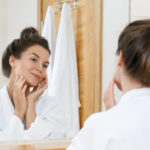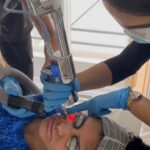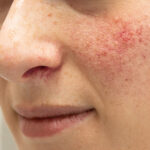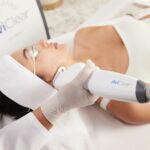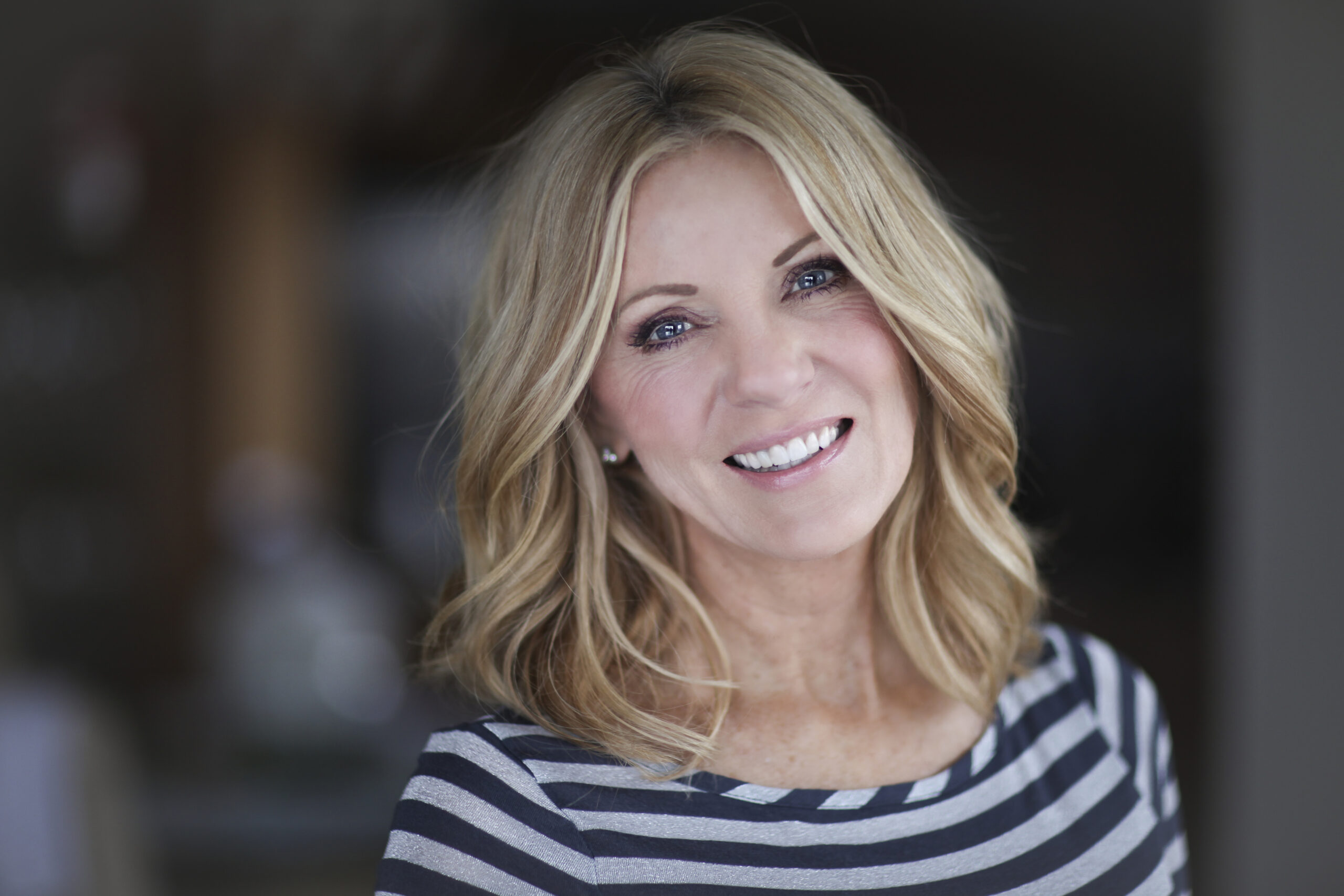
Something that plays on my mind a lot when writing about skin and dermatology in blogs or social media (aside from ensuring I’m doing it in a responsible, ethical manner as a medical professional) is how to improve scientific knowledge and critical thinking in general for anyone reading my words.
There is no doubt that when you put “Dr” in front of your name across a public platform, there will be an AUTHORITY BIAS attached to that. You are more likely to attribute more accuracy to my opinion and view point because of it. So, in return for you readily trusting my view point, I have the responsibility to make sure that the information I present to you is scientifically accurate, easily digestible, and not motivated by other external influences (e.g. a free pot of face cream or some other financial incentive).
General misunderstanding of science has always been present, but search engines and social media have allowed fear-mongering, pseudoscience and erroneous claims to flourish and weave themselves into part of our daily lives. Constant exposure creates an ILLUSION OF TRUTH EFFECT – “repeat a lie often enough and it becomes the truth”. The more we see a piece of information the more likely we are to believe it.
We are living in a time where science literacy is poor; this is a huge and under-recognised problem. It leads to a wide range of issues including climate change denial, anti-vaccination lobbying, APPEAL TO NATURE FALLACY, “chemophobia” in skincare and overblown health claims in the nutrition sphere. Rejecting or denying scientific appraisal creates support for pseudoscience.
The difficulty is that we are all subject to bias. There is no doubt that ANALYTICAL THINKING can be difficult and requires effort and focus. It is often contrasted with intuitive thinking where we rely on our “gut feeling” in making decisions. Whilst intuitive thinking is a quicker way to process information, it may not result in an accurate scientific explanation. Interestingly, research indicates that relying heavily on intuitive thinking is related to acceptance of paranormal claims, conspiracy theories, and endorsement of alternative medical claims. We owe it to ourselves, therefore, to hone our skills in analytical thinking to prevent falling victim to this.
We are all vulnerable to BIAS BLIND SPOT. It is not usual for us to be unaware of our own biases but be readily able to point out the biases that exist in others. The result is an overconfidence in our own (sometimes false) belief system. For medical professionals and scientists, it is important that we keep ourselves in check and apply critical thinking in the face of information presented to us. Science is the only real safeguard against this – generating hypotheses, conducting controlled experiments and evaluating the information generated in an impartial way.
When I write blogs or posts, or review evidence (e.g. does diet cause acne?), I am constantly aware of being skeptical of the data and not falling victim to DISCONFIRMATION BIAS (a variation of CONFIRMATION BIAS). It is important for me not to reject claims that challenge my own preconceptions. This does not benefit me or you. The only way to prevent against this is to read papers, understand research hierarchy and engage critical thinking.
If some of the concepts in this blog are new to you then I would highly encourage you to look up the handful of words I have capitalised and think about your own biases. Do they exist around food or skincare? How do you make the decision of whom you choose to follow and where your sources of information come from? Are you satisfied that they are keeping their biases in check? Also read this blog in conjunction with my other blogs on “Filter bubbles” and “The Post-truth world”.

